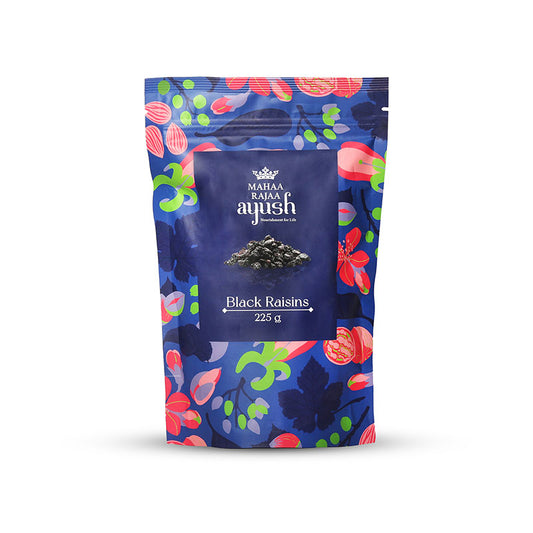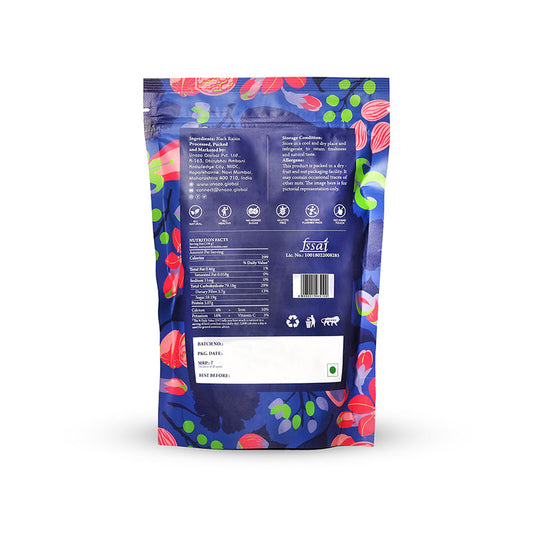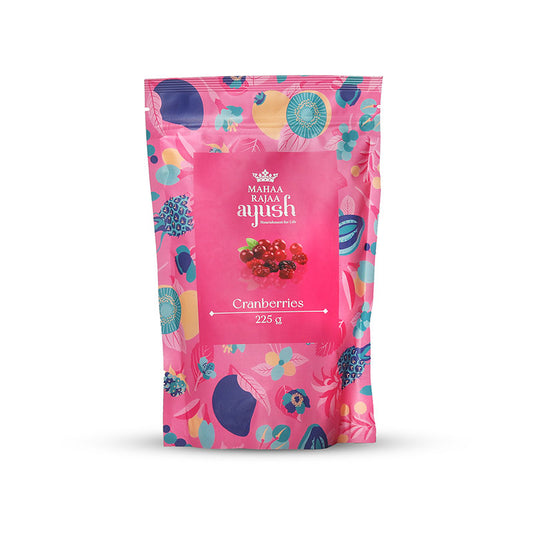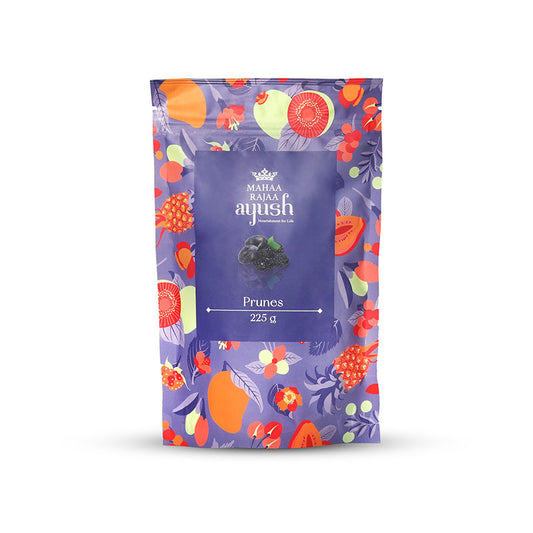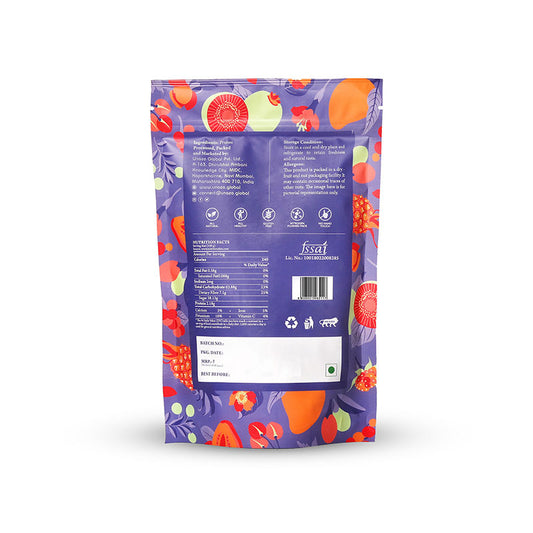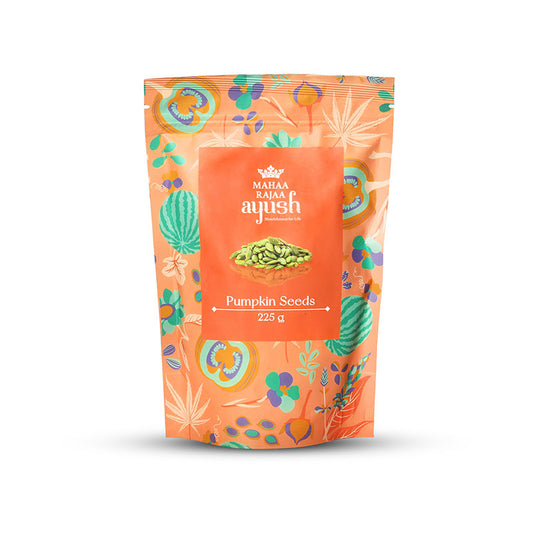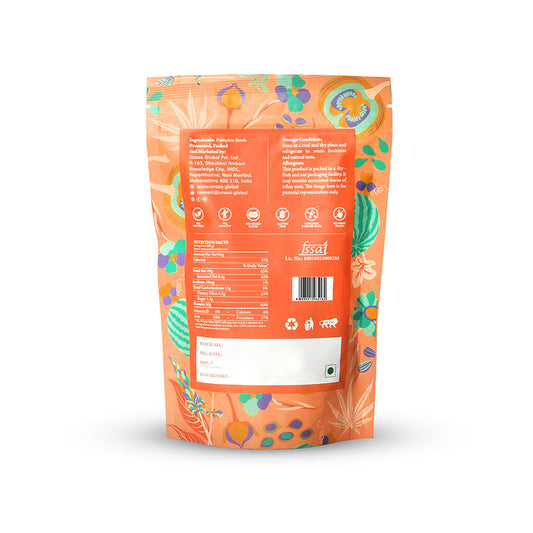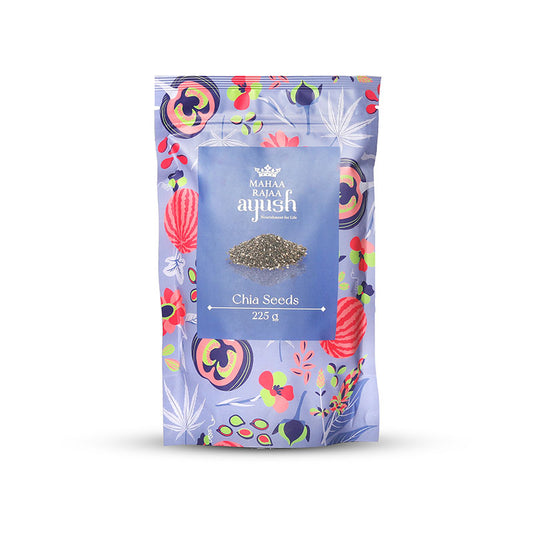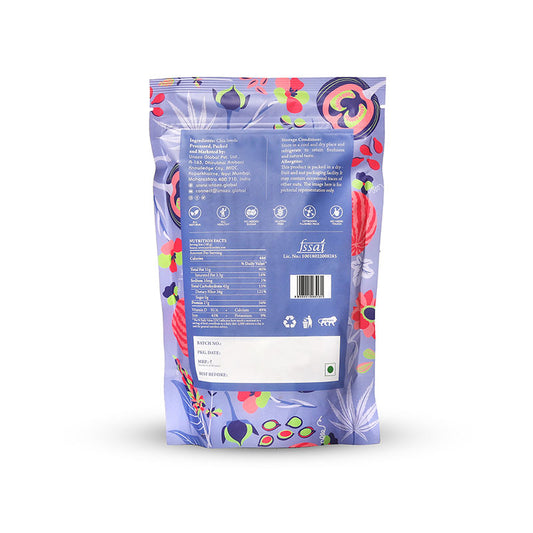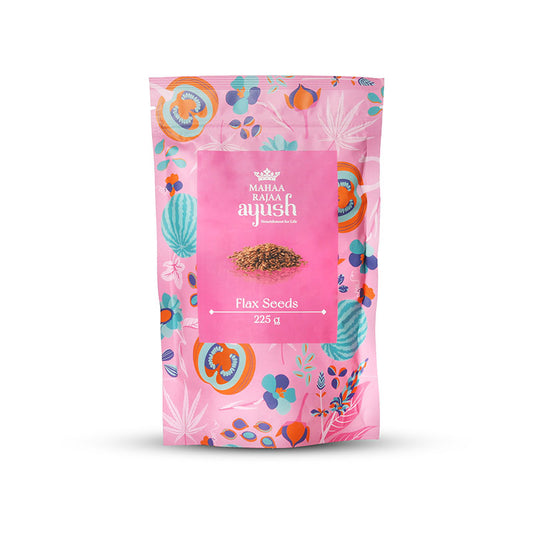What if we told you that eating just a handful of nuts daily could lower your risk of heart disease by nearly 30%? Yes, these crunchy, tiny bites pack a serious punch when it comes to your health.
In a world obsessed with superfoods, nuts have carved out their own niche—and for good reason. Whether you snack on them raw, toss them into your smoothie bowls, or whip them into nut butters, they're doing much more than just pleasing your palate. They’re working behind the scenes to boost your brain, heart, skin, and metabolism.
But here’s the big question: Almonds, cashews, or walnuts—who really rules the nut kingdom?
Let’s break it down and see how these popular picks stack up in terms of nutrition, health benefits, and potential drawbacks—so you can pick your nutty champion (or mix them all for maximum gain!).
Break It Down with a Nutritional comparison of nuts
Calories and Macronutrients
Here’s where the battle begins—at the nutrition label. Let’s talk calories, protein, and fats:
Almonds: Calories: 161. Protein: 6 g. Fat: 14 g (9 of which are monounsaturated)
Cashew: Calories: 157. Protein: 5 grams. Fat: 12 grams.
Walnut: Calories: 183. Protein: 4.26 grams. Fat: 18.5 grams.
If you're watching your weight or tracking macros, this is where it gets interesting.
Almonds take the lead for weight management—higher in protein and fiber, they keep you full longer. Cashews are slightly higher in carbs, making them less keto-friendly. And while walnuts have the most calories, they make up for it with their omega-3 content.
Vitamins and Minerals
Beyond calories, it’s the vitamins and minerals that make these nuts nutritional gold.
-
Almonds are vitamin E champs—great for glowing skin and cellular repair. They're also rich in magnesium, essential for energy production and nerve function.
-
Cashews bring iron and zinc to the party, boosting immunity and supporting oxygen circulation. Plus, they’ve got a solid dose of magnesium for strong bones.
-
Walnuts offer copper, manganese, and biotin, nutrients that support cognitive health and help fight oxidative stress.
Want Korean glass-like skin, a strong immune system, and a sharp brainpower? A mix of these three covers all bases.
Healthy Fats and Omega Content
One of the biggest reasons nuts are hailed as “good fat” snacks is their healthy fat profile.
-
Almonds and cashews are full of monounsaturated fats—the kind that helps lower bad cholesterol and keep your heart pumping happily.
-
Walnuts, though, are in a league of their own. They’re packed with omega-3 fatty acids (ALA)—a rare find in plant-based foods. Omega-3s help fight inflammation, support brain function, and improve cardiovascular health.
If you're after heart and brain health, walnuts are the heavy hitters.
Health Benefits of Almonds, Cashews, and Walnuts
The Classic Wellness Snack: Almond
Almonds are the classic wellness snack—and for good reason.
-
Rich in antioxidants and vitamin E, they help combat aging and support skin health.
-
Their high fiber content keeps digestion smooth and helps control blood sugar levels.
-
Heart-healthy fats make them a smart choice for cardiovascular support.
Want a glow-up from the inside out? Almonds have got your back.
The Creamy Yet Crunchy: Cashew
Cashews bring creaminess and versatility to the table, especially for plant-based eaters.
-
Iron and zinc help strengthen immunity and support red blood cell function.
-
They contain magnesium, vital for bone health and stress management.
-
Their soft texture makes them ideal for vegan cheese, dips, and dairy-free sauces.
They’re a great nut to incorporate if you’re exploring more plant-based meals or looking to nourish your body with minerals.
The Brain Booster: Walnut
If almonds are the beauty nut, walnuts are the brainiac.
-
Loaded with omega-3s, walnuts support brain health, improve mood, and may reduce the risk of cognitive decline.
-
They also contain polyphenols and antioxidants that reduce inflammation and fight free radicals.
-
Research suggests that regular walnut intake improves memory and cognitive function in aging adults.
Walnuts are your go-to if brain and heart health are a priority.
Potential Drawbacks and Side Effects
Even superfoods have their shadows, and when consumed in an amount you shouldn’t, they have potential drawbacks… Let’s take a quick look:
Almonds
Loved for their crunch and versatility, almonds are a staple in many diets. But they do come with a couple of caveats:
-
They’re high in oxalates, which may contribute to kidney stones in people who are prone to them.
-
Eating too many can lead to digestive discomfort—bloating, gas, or even constipation—especially if your body isn’t used to high-fiber foods.
Cashews
Creamy, mildly sweet, and oh-so-snackable—cashews are a crowd favorite. Still, here are a few things to note:
-
They’re slightly higher in carbohydrates, which may not align with stricter low-carb or keto diets.
-
Cashews contain phytic acid, a naturally occurring compound that can hinder the absorption of certain minerals. (Pro tip: soaking them before consumption can help reduce this effect.)
Walnuts
Nutty, rich, and packed with omega-3s, walnuts are nutritional powerhouses—but they have their nuances:
-
Their high polyunsaturated fat content makes them more delicate, meaning they can go rancid quicker than other nuts. Store them in the fridge or freezer for better shelf life.
-
Some people find their flavor a bit bitter or astringent, especially when eaten raw. Pairing them with fruits, honey, or yogurt can help balance that out.
Which Nut Should You Choose Among the Best nuts for health?
If you’re asking, “So, which one should I eat?”—the answer isn’t that simple. But here’s a quick cheat sheet:
-
Best nut for weight loss: Almonds
-
Best nut for heart health: Walnuts
-
Best nut for brain function: Walnuts again
-
Best all-rounder: Almonds for versatility and balanced nutrition
Here’s the trick: Don’t limit yourself to just one. A daily mix of almonds, cashews, and walnuts gives you a full spectrum of nutrients and health perks.
Rotate them through your meals or make your own trail mix to get the best of all worlds.
And of course—always go for the best quality. Freshness matters.
Conclusion
The almonds vs cashews vs walnuts debate doesn’t end in a single winner—and that’s the beauty of it. Each nut brings something incredible to the table:
-
Almonds are the protein-rich, skin-friendly powerhouse.
-
Cashews are smooth, mineral-rich, and perfect for plant-based diets.
-
Walnuts are the omega-3 champs, unbeatable for brain and heart support.
So go ahead—snack smarter, live better, and choose premium-quality nuts from MahaaRaja. We bring you nature’s best, packed fresh, and sealed with purity. One handful a day, and your body will thank you!




